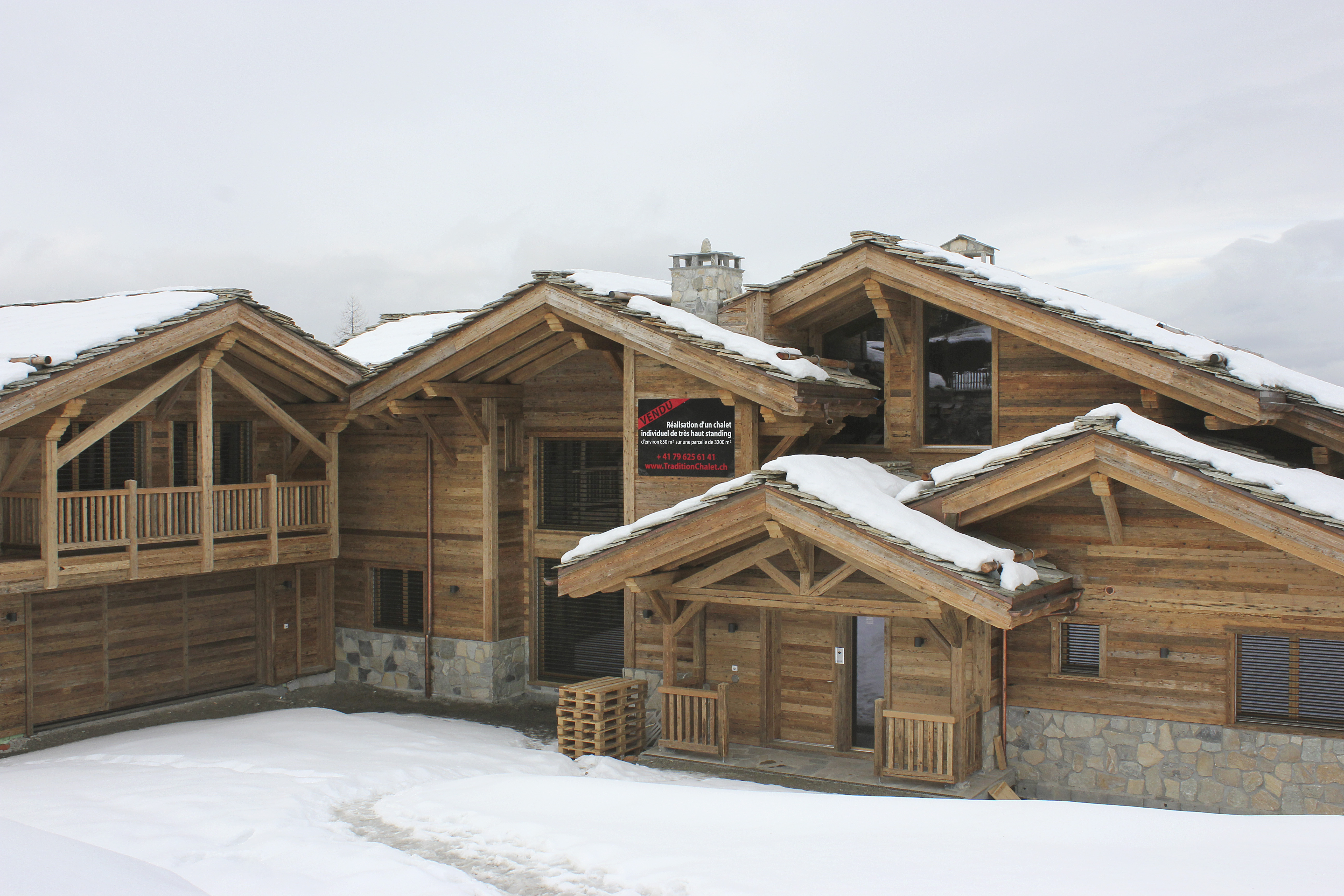Why Switzerland should keep lump sum taxation
Canton Vaud, home to more wealthy foreigners subject to lump sum taxation than any other canton, stands to lose big should the system be abolished in a popular vote on November 30.
Faced with an initiative that he considers an attack on the Swiss “model”, canton Vaud’s finance minister, Pascal Broulis, argues the system is fair because the community as a whole reaps the benefits.
Three questions need to be answered when considering the initiative dubbed “Stop tax breaks for millionaires (abolish lump sum taxation)”: Does Switzerland want to be the only country to deprive itself of a taxation tool that many others have imitated? Does it want to risk losing billions in direct taxes? Does it want to attack the system of federalism by dictating to the cantons how they manage direct taxation?

Taxation on spending was created by canton Vaud in 1862 as a means of obliging wealthy foreigners on extended vacation in Switzerland to contribute to the local community, by taxing them according to their lifestyle. In 1990, taxation on spending was defined in two federal laws.
Contrary to what the nickname “lump sum taxation” suggests, taxation on spending is subject to precise conditions. Only foreigners not employed in Switzerland are eligible.
It is calculated on a multiple of five times (rising to seven in 2016 for federal tax) the taxpayer’s property value or rent. The value of other lifestyle elements such as domestic employees, vehicles or collections is also taken into account. Finally, the federal tax threshold (the cantons decide their own thresholds) cannot be less than CHF300,000 ($310,500) and will rise to CHF400,000 in 2016.
A control calculation is always carried out based on the fortune and any revenues eventuating from a Swiss source. The highest total is selected and the scale is the same as that applied to Swiss taxpayers.
Pascal Broulis
A dual Swiss/Greek national, Broulis is an accountant and auditor by profession. He was deputy director of the Vaud Cantonal Bank, during which time notably he worked on the stolen assets cases. A member of the centre-right Radical Party, he served as a local council member, then in the Vaud parliament, to which he was the youngest ever elected representative in 1989. In 2002 he was elected to the cantonal government and became minister for finance and external relations. He was re-elected in 2007 and again in 2012. One of his greatest triumphs was reducing the cantonal debt by CHF9 billion in three years.
It is a specific tax applied to specific taxpayers, and Switzerland is far from being the only country to use this kind of taxation method. Britain has a status “resident non-domiciled” which even allows those eligible to work in Britain. Belgium, Austria, Spain, Luxembourg, Ireland, several Asian countries and Canada also have similar practices.
In 2013, Portugal created the status “non-habitual residents”, which sees foreigners paying no revenue tax at all.
In the October 23 issue of the weekly L’Hebdo magazine, Pascal Saint-Adams, director for the centre of politics and fiscal administration at the OECD (Organisation for Economic Co-operation and Development), stated that “no state is calling for the abolition of taxation on spending”. I would like to echo those words, and to underline that there is no international pressure to abolish such taxation. In doing so, Switzerland would be penalising itself, reducing its attractiveness for good, very mobile taxpayers who are courted by other countries.
Yes, good taxpayers. The 5,634 people taxed on their spending paid CHF700 million in direct taxes to Switzerland in 2012, and the thresholds are increasing to CHF1 billion in 2016. In addition, these people pay a further CHF60 million into the Swiss pension scheme and some CHF200 million in value-added tax (VAT). Canon Vaud is home to 1,396 such taxpayers, and each one paid an average of CHF143,000 in tax in 2013. That’s ten times the average amount of tax paid by ordinary taxpayers. Of the 432,000 other taxpayers (individuals) in the canton, only 3,100 paid as much or more. If we abolish taxation on spending, if we encourage these people to leave Switzerland – and that will be the message they receive – it’s the top of our fiscal pyramid that we will destabilise.
And it is not just taxes. Real estate and construction, hospitality, local commerce, and recreational activities all benefit from the financial strength, spending and investments of these people. In the local economy, it amounts to several billion francs a year and around 20,000 jobs. These foreigners benefit our communities in other ways, too. Canton Vaud recently received a bequest of CHF100 million for the establishment of a scientific research foundation. In 2004 Montreux received a bequest of CHF54 million. A German industrialist left CHF9 million to the University of Lausanne in 2007. And so on. Should taxation on spending be abolished, a network of friends of Switzerland who enjoy the lifestyle it provides would be undermined.
In my opinion the numbers speak for themselves. The lost attractiveness and the hit to the public purse will have to be compensated by higher taxes paid by ordinary people or a reduction in services. Because the departures will be numerous.

More
No more tax privileges for millionaires
In canton Zurich, half of those taxed on their spending left in one go when the canton abolished the system. But the cantons of Lake Geneva or the Alpine regions cannot compare themselves to Zurich. Those living on the so-called “Gold Coast” of Lake Zurich pay less tax on their fortunes than those around Lake Geneva or in the Valais mountains, something which facilitates the transition to regular taxation. Fiscal federalism provides a control over such choices. I’m attached to federalism. Even if my canton wasn’t involved, in 2010 I fought against another initiative that called for a minimum tax rate for the highest earners in all cantons.
It is important to note that the initiative is not limited, despite what its title says, to “millionaires”. It also says “tax breaks for individuals are illicit”, which potentially threatens all existing deductions. It will lead our entire tax system through the mill, with its diversity and in its adaptation to each canton.
The attack on taxation on spending is just another attack – and they have been numerous in recent years – on the “Swiss model”, which combines attractiveness with pragmatism. If it is not egalitarian, this taxation method is fair because it is, at the end of the day, the entire community which benefits. Let’s not abolish it.
“Opinion”
swissinfo.ch now welcomes selected external contributions. Regularly we publish articles by experts, decision makers and observers with the aim of presenting original points of view about Switzerland or an issue that concerns Switzerland. We hope these articles will enrich the debate of ideas.
(Translated from French by Sophie Douez)

In compliance with the JTI standards
More: SWI swissinfo.ch certified by the Journalism Trust Initiative





You can find an overview of ongoing debates with our journalists here. Please join us!
If you want to start a conversation about a topic raised in this article or want to report factual errors, email us at english@swissinfo.ch.